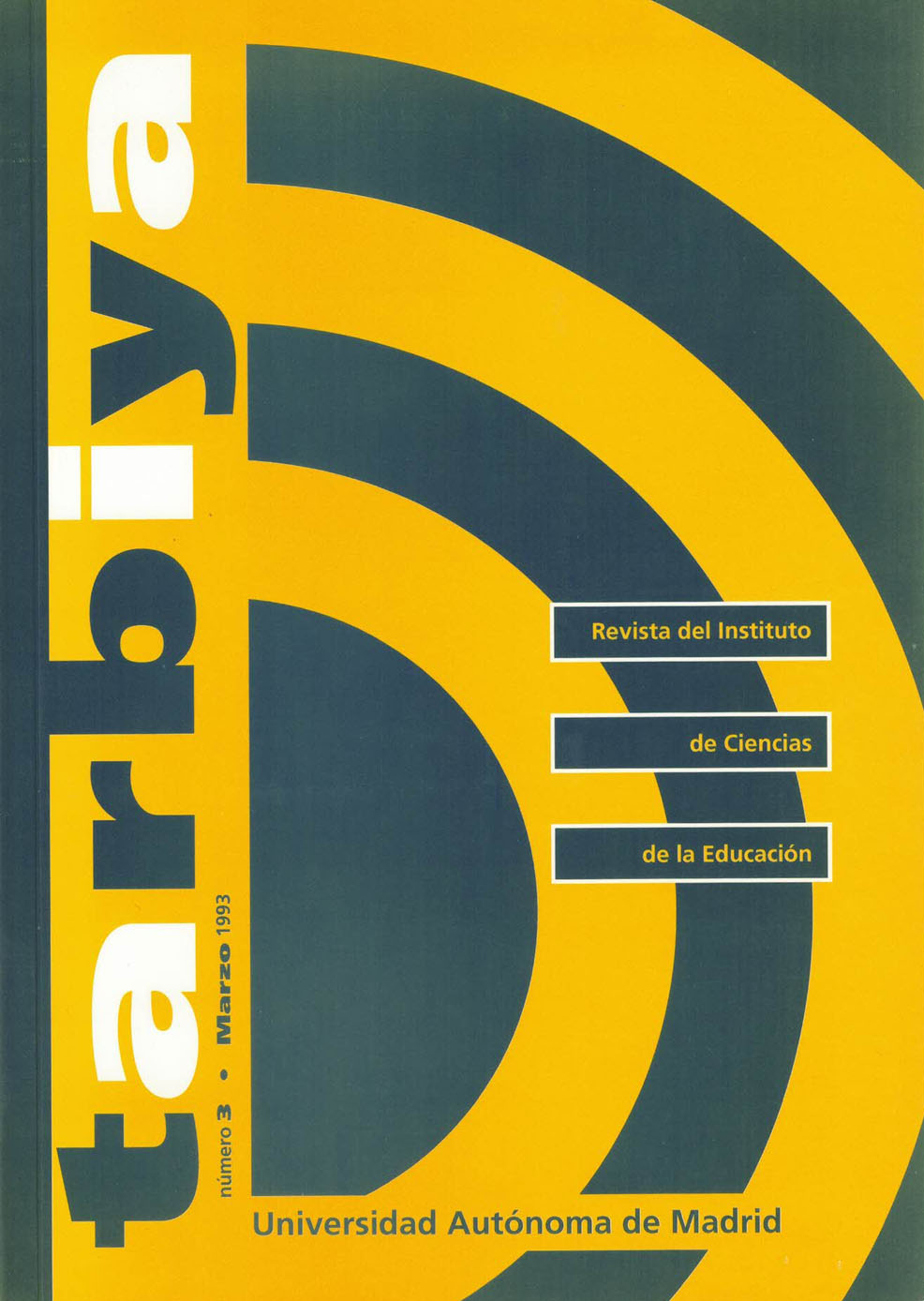Models and strategies for the evaluation of knowledge and its acquisition: a pilot study
Keywords:
Knowledge assessment, Examinations, Mental models, Knowledge adquisition, Achievement testsAbstract
Assessment of learning in a way apt to promote students as well as to help them to overcome learning deficiencies is one of the main problems teachers have to deal with. Nowadays, learning is conceived mainly not as adquisition of specific pieces of knowledge -conceptual, procedural and metacognitive- but as integration of new knowledge with old one as well as a restructuring of knowledge schemas. Because of that, it is proposed in this paper that assessment tasks, techniques and procedures are to be designed to tap whether knowledge has been adquired, integrated and restructured according to expert models or not, and in what extent students are able to apply such knowledge. It is also suggested that the validity of the model as well as that of the tasks can be tested through several steps: 1) The study of expert judgement agreement on task and test relevance as model restructuring indicators; 2) the study of correlations between answers to different tasks of the same test, in order to determine change extent, what could be attributed to general reorganization and integration of knowledge schemas; 3) the study of correlations between scores obtained in different assessment procedures; and 4) using task mastering criteria stablisbed by groups of experts to decide whether a particular student can be promoted or not. A pilot study, also presented in this paper, gives some evidence about the viability of the proposed strategy.
Downloads
References
ALONSO-TAPIA, J. (1991): Motivación y aprendizaje en el aula. Cómo enseñar a pensar. Madrid: Santillana.
ALONSO-TAPIA, J. (1992a): Evaluación de la inteligencia y las aptitudes. Aportaciones de la psicología cognitiva. En R. Fernández-Ballesteros: Introducción a la evaluación psicológica. I. Madrid: Pirámide.
ALONSO-TAPIA, J. (1992b): Evaluación del potencial de cambio intelectual, aptitudinal y de aprendizaje. En R. Fernández-Ballesteros: Introducción a la evaluación psicológica. I. Madrid: Pirámide.
ALONSO-TAPIA, J. y Col. (1992): Leer, comprender y pensar. Nuevas estrategias y técnicas de evaluación. Madrid: Servicio de Publicaciones del Ministerio de Educación y Ciencia (CIDE).
ALONSO-TAPIA, J.; CARRIEDO, N. y MATEOS, M. (1992): Evaluación de la supervisión y regulación de la comprensión: La batería SURCO. En J. Alonso-Tapia, y Col. (1992): Leer, comprender y pensar. Nuevas estrategias y técnicas de evaluación. Madrid: Servicio de Publicaciones del Ministerio de Educación y Ciencia (CIDE).
ALONSO-TAPIA, J. y CORRAL, C. (1992): Un modelo de evaluación en el área de Lengua. La batería «AP-L». Valencia: Generalitat Valenciana. Conselleria de Cultura. Colección Materiales para el desarrollo curricular, L. 85.
COLL, C. (1987): Psicología y currículum. Barcelona: Laia.
COLLINS, A. (1977): Processes in acquiring knowledge. En R.C. Anderson, R.J. Spiro y W.E. Montague (Eds.): Schooling and the acquisition of Knowledge. Hillsdale: NJ. LEA.
FEUERSTEIN, R. (1979): The dynamic assessment of retarded performers. Baltimore: University Park Press.
MATEOS, M. (1989): Leer para comprender: Desarrollo y valoración de un programa de entrenamiento en supervisión y regulación de la comprensión lectora. Tesis doctoral publicada en microficha. Madrid: Servicio de Publicaciones de la Universidad Autónoma.
MAYER, R. (1987): Educational Psychology. A cognitive approach. Boston: Little Brown and Co.
NOVAK, J.D. y GOWIN, B.D. (1984): Learning how to learn. Cambridge: Mass. Cambridge U.P.
RIVAS, F. y ALCANTUD, F. (1989): La evaluación criterial en la educación primaria. Madrid: Ministerio de Educación y Ciencia (CIDE).

